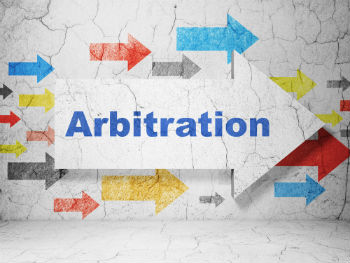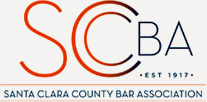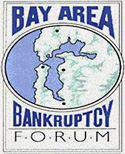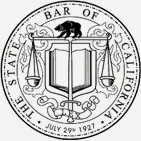 California has long prohibited employers from requiring employees to sign agreements denying the employee the right to disclose information about unlawful acts in the workplace, including but not limited to, sexual harassment in order to obtain a raise or bonus or as a condition of employment or continued employment.
California has long prohibited employers from requiring employees to sign agreements denying the employee the right to disclose information about unlawful acts in the workplace, including but not limited to, sexual harassment in order to obtain a raise or bonus or as a condition of employment or continued employment.

408-971-6270
 Employees in California are protected by the Workers’ Compensation Act (WCA) which governs “compensation given to California employees for injuries incurred in the course and scope of their employment.” Charles J. Vacanti, M.D., Inc. v. State Comp. Ins. Fund (2001) 24 Cal.4th 800, 810. All employers except the state must secure the payments of compensation by either carrying workers’ compensation insurance or self-insuring. In a recent case, the San Mountain Empire School District was self-insured, but had also contracted for excess policy insurance. In the case of the Mountain Empire School District, its excess insurer ran out of money.
Employees in California are protected by the Workers’ Compensation Act (WCA) which governs “compensation given to California employees for injuries incurred in the course and scope of their employment.” Charles J. Vacanti, M.D., Inc. v. State Comp. Ins. Fund (2001) 24 Cal.4th 800, 810. All employers except the state must secure the payments of compensation by either carrying workers’ compensation insurance or self-insuring. In a recent case, the San Mountain Empire School District was self-insured, but had also contracted for excess policy insurance. In the case of the Mountain Empire School District, its excess insurer ran out of money.
California law also provides for protection to both “insured and the public” through a system called the California Insurance Guarantee Association (CIGA). Fireman’s Fund Ins. Co. v. Workers Comp. Appeals Bd. (2010) 189 Cal.App.4th 101, 111-112. CIGA pays only: 1) covered claims and 2) claims for which neither a solvent insurer or self-insured employer is jointly and severally liable.
 California employers should consider the routine use of arbitration agreements for employees, to avoid the risk of class action litigation. The United State Supreme Court in Epic Systems Corp. v. Lewis, 138 S. Ct. 1612 (2018) upheld class action waivers contained in arbitration agreements. Just a week ago the Ninth Circuit Court of Appeals overruled the Northern District Court of California, specifically finding that arbitration agreements containing class action waivers are valid. See, O’Connor v. Uber Technologies, Inc., Case No. 14-16078.
California employers should consider the routine use of arbitration agreements for employees, to avoid the risk of class action litigation. The United State Supreme Court in Epic Systems Corp. v. Lewis, 138 S. Ct. 1612 (2018) upheld class action waivers contained in arbitration agreements. Just a week ago the Ninth Circuit Court of Appeals overruled the Northern District Court of California, specifically finding that arbitration agreements containing class action waivers are valid. See, O’Connor v. Uber Technologies, Inc., Case No. 14-16078.
TAKEAWAY⇒California employers should update their procedures, and consider implementing arbitration agreements for all employees, containing a specific class action waiver, in the form and style used in the Epic Systems, and Uber Technologies, Inc. cases, in order to assist in limiting risk of class action lawsuits by employees such as wage and hour claims, and meal and rest break litigation.






